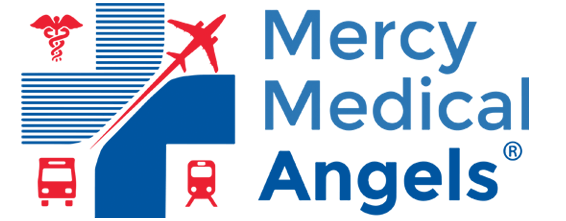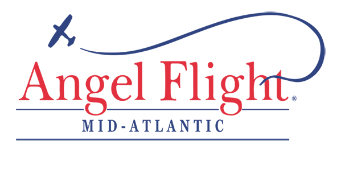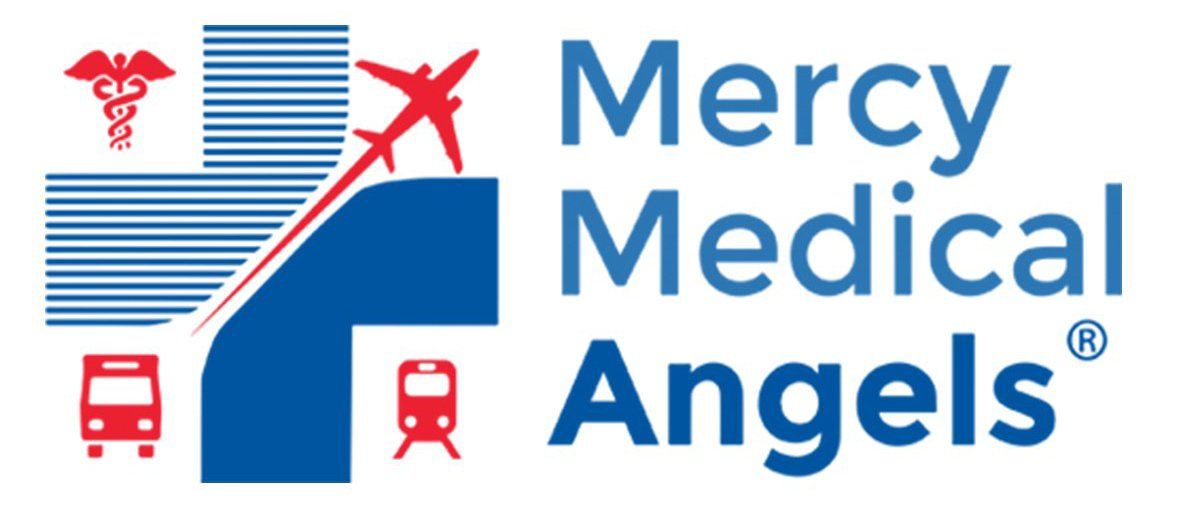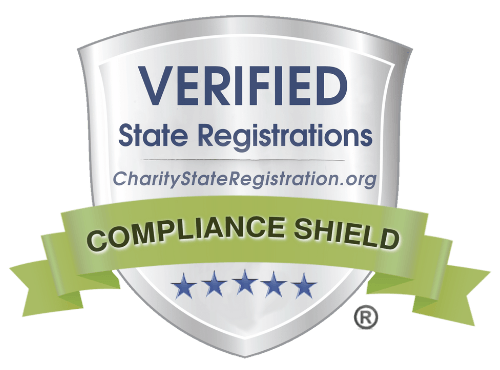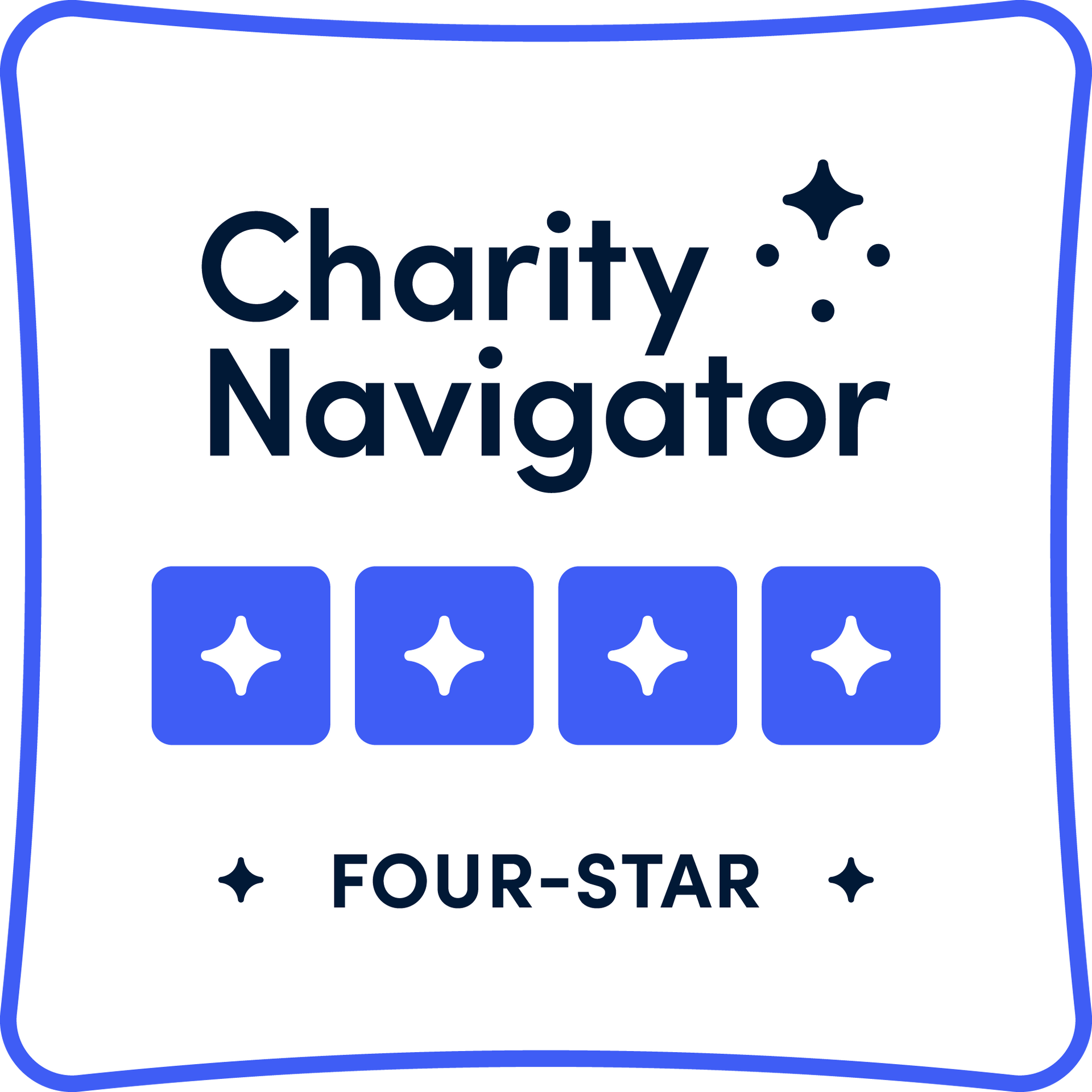Volunteer Pilot Resources
Free Medical Transportation for Patients and Caregivers
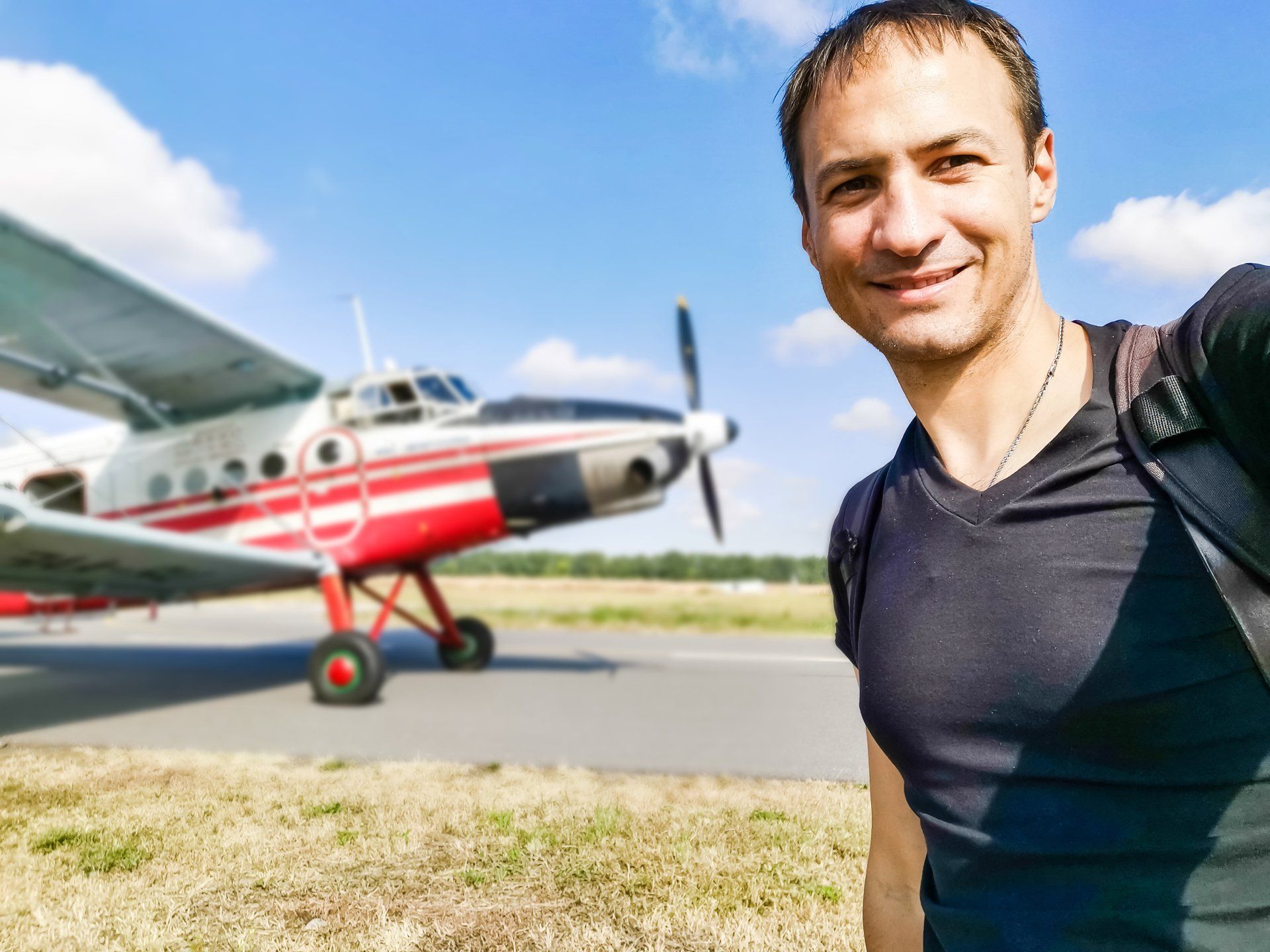
Pilot Safety
Registered Volunteer Pilots with Angel Flight Mid-Atlantic have provided services to thousands of non-critically ill patients for more than 48 years with a 100% safety record. Safety is paramount. Each pilot will make his/her own “go/no go” decision based on safety and their comfort level with the forecast.
The following safety related material has received the Seal of Approval from pilots throughout the volunteer pilot network. We encourage you to review these routinely and to share your real stories.
Online Safety Courses – AOPA offers many online courses free of charge.
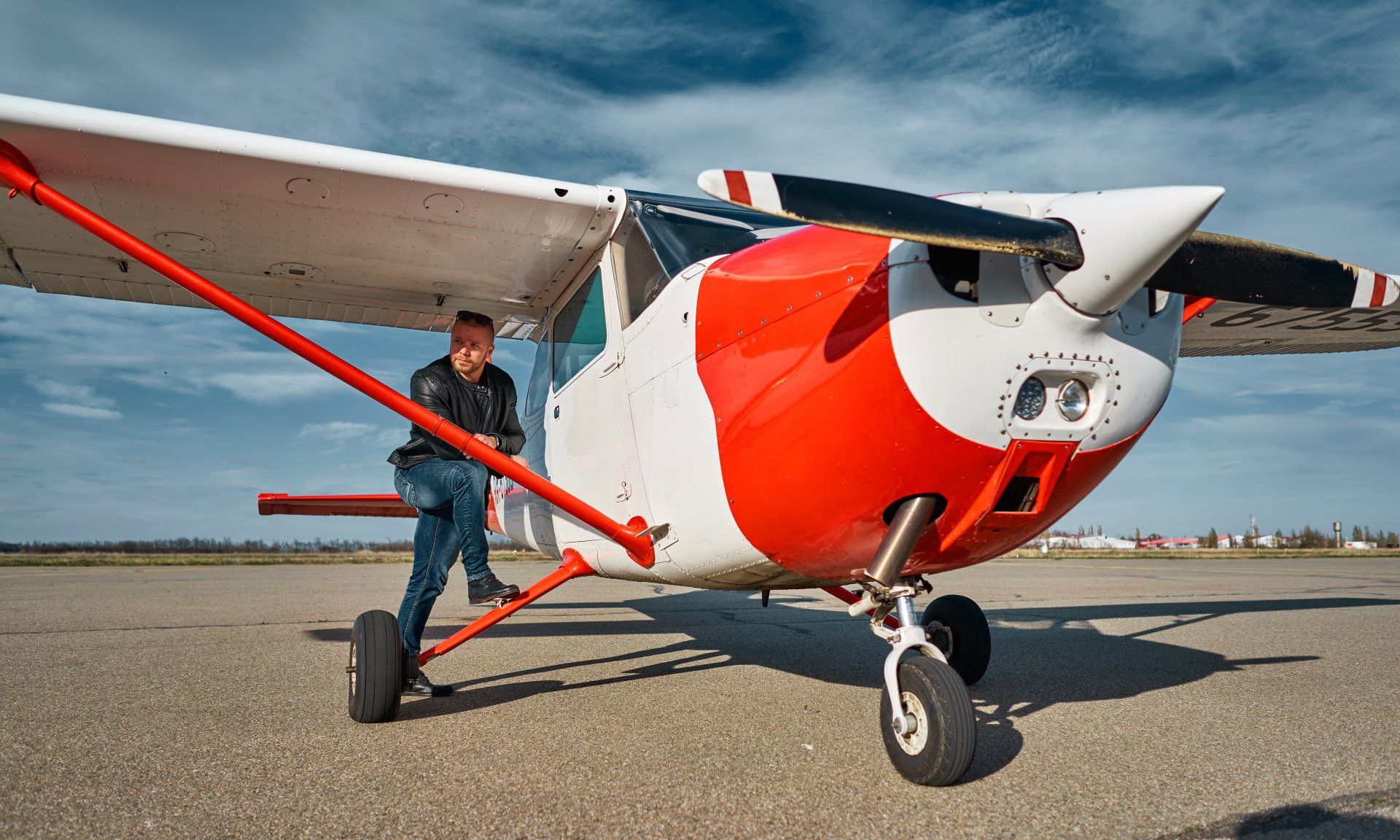
Pilot Qualifications
Angel Flight Mid-Atlantic volunteer pilots must meet the following Minimum Pilot Command (PIC) Qualifications:
Minimum total time of 500 hours as Pilot in Command (PIC). Minimum of 50 hours in make and model.
Turbine powered aircraft, minimum total time of 1,000 hours as Pilot in Command (PIC).
Minimum of 100 hours turbine and a minimum of 50 hours make and model.
Minimum of 50 hours as PIC shall have been flown and logged within the 12 months immediately preceding the flight.
Or minimum of 12 hours flown and logged during the previous 90 days. * This requirement can be waived if the pilot completes 2 hours of dual training with a certificated flight instructor prior to flying an angel flight.
Pilot shall have a currently valid medical certificate, a current Flight Review, and an instrument rating remain current with applicable flight times and rules as set forth in the FARs.
Minimum of one million dollars ($1,000,000) liability insurance with not less than $100,000 per seat shall be in force on any aircraft to be used for angel flights.
Aircraft must be properly registered, licensed, airworthy, and we recommend that the engine time since new or last overhaul be less than the manufacturer’s recommended Time Between Overhaul (TBO).
For more information concerning qualifications contact us.

Fuel Reimbursement
The Federal Aviation Administration (FAA) granted Angel Flight Mid-Atlantic and Mercy Medical Angels, an exemption to the extent necessary to allow for reimbursement of its volunteer pilots for fuel costs incurred in conducting charitable patient flights. Volunteer pilots who wish to participate in the Fuel Reimbursement Program are required to adhere to qualifications/requirements listed in Exemption 10009G. This is completely voluntary and no pilot is required to participate in the program. Click the button below to read: Federal Aviation Administration (FAA) Exemption No. 10009H
Volunteer pilots who decide to Opt-In are required to complete the following forms and return to Angel Flight Mid-Atlantic. Please print forms, complete them entirely, and email them to info@mercymedical.org
Upon receipt of your signed forms we will provide you with the necessary instructions concerning administration of the program.
*Pilot Individual Fuel Fund- Donations to this fund will be in the name of individual pilots and are restricted to reimbursement for said pilot. Experience has shown that pilots have been successful in obtaining donations on their behalf and reimbursements will come from funds raised by the pilot.
Please advise potential donors to your individual fund to send check to Angel Flight Mid-Atlantic. Instruct them to attach a memo stating that the donation is for your Individual Fuel Fund. Address follows: 101 West Main Street, Suite 1000, Norfolk, VA 23510
Don’t hesitate to contact Mr. Steve Craven at 703-628-0288 – email Steve@SteveCraven.net should you require additional information.

Patient Transport Security Protocol
It continues to be the intent of Angel Flight Mid-Atlantic to maintain the safety and security of passengers and pilots.
With FAA’s focused attention on General Aviation security measures, the following procedures contained in this protocol are designed specifically to protect the pilots, passengers and ground personnel involved directly or indirectly with all Angel Flight Mid-Atlantic flights and are in accordance with the National Policy on Homeland Defense. As you know, much of our contact with the patients is via email and phone.
Each AFMA PIC pilot may check the passenger ID to assure the ID matches the passenger listed on the flight itinerary.
All authorized adult passengers, upon request, shall present the Angel Flight Mid-Atlantic pilot with his/her Government issued photo identification* (ID) PRIOR to boarding the aircraft.
The parent or guardian of all minor passengers (under the age of 18), upon request, shall present the Angel Flight Mid-Atlantic pilot with his/her (parent or guardian) Government issued photo ID PRIOR to signing the Liability Release Form. (This applies only to parents or guardians NOT accompanying the minor).
Baggage is subject to search at the pilot’s discretion.
* Federal Government ID card, State Driver’s License, US Passport or any other Federal or State issued photo ID.
Patient Waiver and Release Liability Form
Frequently Asked Questions
-
Do I have to own a plane?
No. We do ask that you have ready access to one. In addition, there are minimum requirements of 12 hours flown in the last 90 days with at least 50 hours time in type. Flights are coordinated as far in advance as possible, but there are times last minute changes occur resulting in short notice requests.
-
How are expenses handled?
Angel Flight Mid-Atlantic pilots volunteer their time, the aircraft, fuel, and other flight costs incurred. These expenses cannot be charged to or shared by the client and are not funded by Angel Flight Mid-Atlantic. Pilots should ask the FBO about fuel discounts, as many offer this in support of Angel Flight Mid-Atlantic. We also have agreements with larger, busier airports to waive fees for an Angel Flight Mid-Atlantic/humanitarian flight.
-
Are flight expenses tax deductible?
Yes. Angel Flight Mid-Atlantic is listed as a charitable organization by the Internal Revenue Service, meeting the requirements of Section 501(c)(3). Contributions, including the costs of flying angel flights, are therefore deductible. Pilots can deduct direct, out-of-pocket expenses. If overnight lodging is required, the expense, along with meals, is also deductible. Accurate records must be maintained, including receipts, hours flown, destination, etc. For complete information regarding deductible items and documentation, pilots should consult a tax professional.
-
What kind of liability is associated with Angel Flight Mid-Atlantic?
Patients and escorts sign a liability waiver releasing the organization and pilot from liability. Furthmore, there was legislature passed called good samarition that releases pilots flying for public benefit free of charge. https://www.law.cornell.edu/wex/good_samaritan_rule
-
What kind of illnesses can I expect to encounter?
Illnesses vary. Some are life threatening diseases, such as cancer or heart disease. Other illnesse require specialized treatment from distant facilities due to the rarity of the diagnosis and the limited number of doctors who specialize in treating specific, rare diagnoses. Illnesses are non-communicable (cancer, heart disease, brain tumor, etc.). Angel Flight Mid-Atlantic pilots are made aware of the patient’s physical condition, diagnosis and any needs the patient may have. Signed medical clearance is obtained during the screening process. The pilot decides which flights they are able to support.
Angel Flight Mid-Atlantic requires passengers be independently ambulatory and not require medical care while traveling. If deemed medically necessary by the patient’s referring doctor, patients can request a caregiver to accompany them. Pediatric patients must have a parent or legal guardian accompany them.
If passengers require oxygen, the oxygen bottles must be DOT approved. Patients are not permitted to bring liquid oxygen tanks on board.
-
How do flights actually get "put together"?
The process begins with an application to Angel Flight Mid-Atlantic from a potential passenger. This can be placed directly by the patietn, family member, social worker or foundation such as the American Heart Association.
A Transporation Coordinator initially handles the application making certain the passenger meets Angel Flight Mid-Atlantic qualifications as someone who is in financial need, has a confirmed medical appointment, and is medically approved to fly in a general aviation airplane.
The mission is then posted to the pilot on missions.angelflightmidatlantic.org. All pertinent information is given to the pilot, who contacts the patient to discuss flight times, FBO’s, and the projected forecast.
-
How great a distance do volunteer pilots fly?
Angel Flight Mid-Atlantic routes flights as evenly as possible, not to exceed 300 nautical miles, per leg of the flight. This is accomplished by “linking” with pilots from other Angel Flight regions. Pilots who wish to fly further distances have the option of requesting longer flights, thus eliminating one or more of the links.
-
How far in advance are pilots contacted?
Patients are required to provide 10 full business days notice when requesting assistance. The shortest notice given is the day before the flight, if a pilot has mechanical or unable to fly, as planned.
-
If I say "No" to a flight, will I continue to be called?
Absolutely. We understand having a busy work and home schedules. Calls are rotated among pilots to give as many as possible a chance to fly.
-
What type of aircraft is normally used?
Most flights are accomplished with single engine, four-six seat aircraft; however, we also have pilots who fly twin engine and turbo-prop planes. We are unable to approve of experimental aircraft transporting patients.
To the extent necessary to complete their flights, volunteer pilots for any Air Charity Network member may identify themselves to aviation officials and disaster relief agencies using the call sign “ANGEL FLIGHT” when flying flights into or out of any and all of the 50 states..
-
Is there a Patient Security Protocol?
Each pilot of an Angel Flight Mid-Atlantic flight may check the passenger ID to assure the ID matches the passenger flying as identified on the flight setup.
All authorized adult passengers, upon request, shall present the Angel Flight Mid-Atlantic pilot with his/her Government issued photo identification* (ID) PRIOR to boarding the aircraft.
The parent or guardian of all minor passengers (under the age of 18), upon request, shall present the Angel Flight Mid-Atlantic pilot with his/her (parent or guardian) Government issued photo ID PRIOR to signing the Liability Release Form. (This applies only to parents or guardians NOT accompanying the minor).
Pilots, if the parent or guardian signing the Liability Release Form is not accompanying the minor, the responsible adult accompanying the minor will appear on the setup. All passenger names must appear in the Passenger Section of the Flight Set up form.
Baggage is subject to search by the pilot at the pilot’s discretion.
* Federal Government ID card, State Driver’s License, US Passport or any other Federal or State issued photo ID.
Help Patients
receive critical medical care by providing free transportation to a clinical facility.
Support Angel Flight Mid-Atlantic
Volunteer Pilots Save Patient Lives
Angel Flight Mid-Atlantic pilots give because they want to help those who have a genuine financial hardship. Volunteer pilots are selected for missions originating in or linking through the District of Columbia, Delaware, Kentucky, Maryland, Michigan, Ohio, Pennsylvania, Virginia and West Virginia.
If travel outside the Mid-Atlantic region is required, Angel Flight Mid-Atlantic coordinates the mission with other members of the Air Charity Network linking two or more flights to help passengers reach their destination.
Becoming a
Volunteer Pilot
If you're interested in becoming a volunteer pilot, start the process by completing our application.
